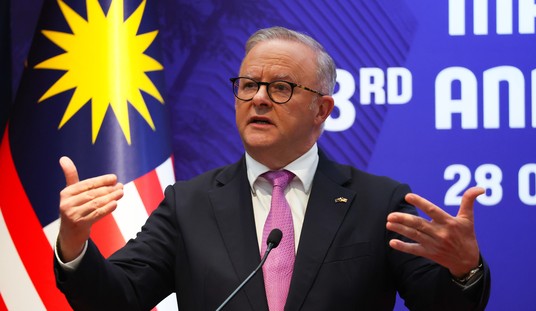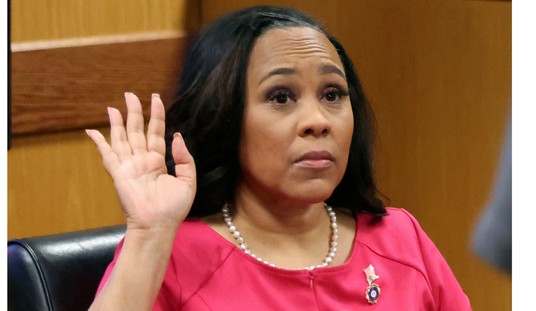At the Atlantic, Isobel Coleman has a thought provoking study on one of the “growth pain” aspects of spreading democracy to areas where it didn’t evolve on its own. I was mostly unaware of this before, but in places like Libya, Tunisia and Iraq, they’ve been using quotas to ensure that some minimum number of women are elected to those nations’ legislative bodies. On the one hand, this gives a fast leg up to aspiring women who might not stand much of a chance in traditionally male dominated cultures. But is it democratic?
My botton line on quotas is that they are not a solution for every country, nor are they guaranteed to increase women’s meaningful and effective participation in governance. Quotas bring women’s voices into political systems where they are otherwise excluded, short-cutting a process that can naturally take generations. They have been used successfully by countries ranging from Norway to Rwanda to India. Other factors – like strong political will, enabling women’s freedom of movement, and networks of support for female candidates – significantly strengthen the effectiveness of quotas.
She provides a brief list of pros and cons which are worth considering before you make up your mind.
Pros
- Quotas for women do not discriminate, but compensate for actual barriers that prevent women from their fair share of the political seats.
- Quotas imply that there are several women together in a committee or assembly, thus minimizing the stress often experienced by the token women.
- Women have the right as citizens to equal representation.
- Women’s experiences are needed in political life.
- Election is about representation, not educational qualifications.
- Women are just as qualified as men, but women’s qualifications are downgraded and minimized in a male-dominated political system.
- It is in fact the political parties that control the nominations, not primarily the voters who decide who gets elected.
- Introducing quotas may cause conflicts, but only temporarily.
Cons
- Quotas are against the principle of equal opportunity for all, since women are given preference.
- Quotas are undemocratic, because voters should be able to decide who is elected.
- Quotas imply that politicians are elected because of their gender, not because of their qualifications and that more qualified candidates are pushed aside.
- Many women do not want to get elected just because they are women.
- Introducing quotas creates significant conflicts within the party organization.
This is one of those “head vs. heart” debates for me. In my heart, I’d like to see an immediate path where everyone has equal opportunity, translated into immediate outcome. But unfortunately, a closer examination of that statement demonstrates the problem inherent in it.
Once you’ve implement a democratic system where women are equally eligible to run for and hold office alongside the men, you’ve actually accomplished the entire goal. It’s equality of opportunity. If no women are then elected, it’s not because the design of the system has failed… it’s that the people have not made the mental shift to make that particular type of choice yet. Whenever you impose mandated quotas you are actually removing choice to a certain extent and weakening the democratic process.
Further, imposing such a mandate on people who are not only culturally unprepared for such change but unused to democracy in general, undermines the entire process and reduces faith in the system. Of course, this also allows the culture to remain essentially as it is with no signs of what you might consider “progress” so my answer will doubtless by unsatisfying.
Discuss.








Join the conversation as a VIP Member